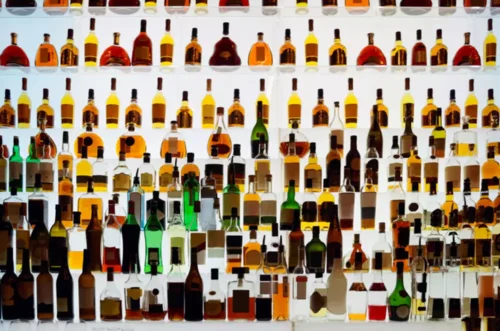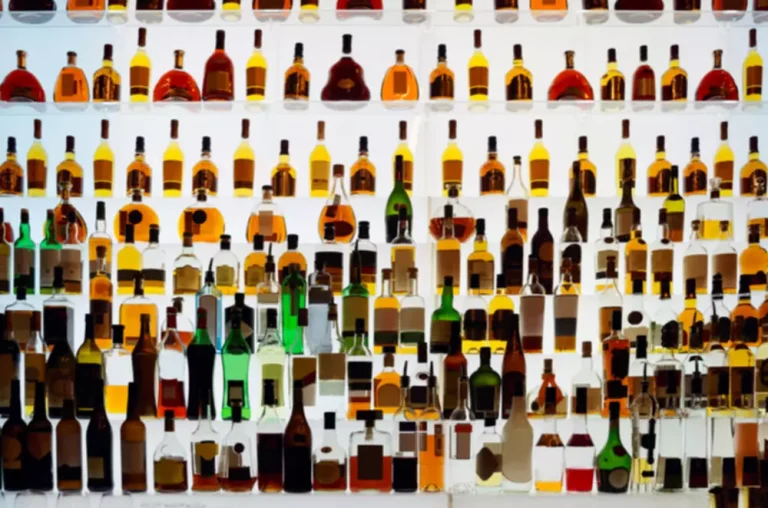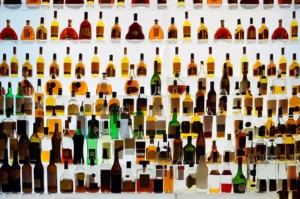
It is worth mentioning that nutritional status improvement occurs when someone strop drinking, which is one big reason why people may see many of the above improvements with sobriety. You might notice this effect more if you were drinking to manage your mood, such as drinking to temporarily relieve negative emotions or boost positive ones. Fortunately, reducing your alcohol use can help improve your sleep over time, although you might experience more sleep disturbances for some time after you quit. It is potentially life-threatening, so it is essential to seek medical attention immediately if you experience such symptoms.
Alcohol Withdrawal – Symptoms, Timeline & How To Get Help

When you stop drinking, your skin – and other parts of your body – retain more moisture and can better absorb vitamins that are important for your health. Different parts of the brain heal at different rates, so depending on your previous drinking habits and the amount of damage done, the recovery process could take some time. For many people, this is the beginning of improved quality of life. If you fall into what happens when you stop drinking alcohol the category of heavy drinker (as so many of us do), then your first week may go a bit differently. If you experience any severe symptoms, seek medical attention immediately. Alcohol withdrawal happens when the alcohol leaves your body so quickly that your brain hasn’t had time to adjust.
Alcohol withdrawal symptoms

These psychological symptoms can last even longer depending on the individual’s mental health history and relapse prevention strategies. It can be helpful to seek professional help during this time, as well as relying on support from family and friends. Within the first hour of quitting alcohol, your body begins to undergo changes. Your blood pressure and heart rate may start to normalize as the immediate effects of alcohol wear off. However, you may still experience cravings and discomfort as your body adjusts to the absence of alcohol.
“I don’t drink, but I don’t mind if you do.”
Stopping alcohol is worth it, but it can be an uncomfortable and even dangerous experience. Anyone stopping drug addiction alcohol should discuss their plan with a doctor and seriously consider undergoing a medically-supervised detox. Medical detox ensures you will be as safe as possible by providing 24/7 monitoring that helps recognize and treat complications effectively and as rapidly as possible. It can make your family and friends feel as if you are choosing an addiction over them and cause you to act in ways that are destructive to relationships. The effects of alcohol can even make you abusive or cause you to harm others emotionally. Alcohol causes inflammation in the lining of your stomach, causing bloat and other digestive issues.

Your Risk of Certain Diseases Will Decrease

Alcohol can worsen depression and be an emotional crutch, making it difficult to experience true happiness outside of drinking. Stopping alcohol can make you feel happier by allowing you to experience positive emotions without alcohol. Quitting alcohol can help reduce the depression and anxiety that alcohol can bring and significantly improve your situation in life, increasing your overall happiness. By the end of your first month of sobriety, the benefits of better sleep, improved hydration, spending less and decreased calorie intake will be growing. You will likely have saved over $800 and avoided about 12,000 calories or more, allowing you to lose at least four pounds. By the end of this first month, your recovery will be well underway, and your struggle with alcohol will begin to become more of a distant memory than a recent struggle.
“Studies show that around 50% of people with depression and anxiety also have co-morbid problems with alcohol and substance misuse. The timeline of alcohol withdrawal varies depending on the individual’s drinking history and physical health. In some cases, withdrawal can be much milder, while in other cases it may be more intense and prolonged. Generally speaking, the majority of individuals will experience the most intense symptoms of alcohol withdrawal in the first hours and then gradually recover over a period of weeks.
- Melanie Rud is a beauty writer and editor with over 15 years of experience in the industry covering skincare, makeup, hair, and more.
- Of course, these benefits can vary from person to person, depending on their previous relationship with alcohol , but generally speaking, there are several advantages to be expected.
Quitting Alcohol Timeline: What to Expect in Weeks 1-3
Alcohol can also impair your ability to get restorative rest because you’re less likely to enter REM sleep, which has been shown to increase your risk of dementia. Among the many ways that alcohol can suppress the immune system, booze can negatively impact the balance of the gut microbiota. Poor gut health and microbiota imbalance can ultimately weaken one aspect of how our body protects us from illness. “There are people who have learned to practice very reasonable alcohol consumption that contributes to psychosocial well-being in a way that does not impair their health,” Kumar noted. These withdrawal symptoms occur because of overactivity of the central and autonomic nervous systems. For college students, being dry is the best thing to do,” he said.
What Happens to Your Body When You Stop Drinking Alcohol?

By now, your friends and family should have noticed your healthier skin, improved energy, better moods, and maybe even your weight loss (as long as you didn’t replace alcohol with carb-heavy foods). Because alcohol is a known human carcinogen, abstaining from alcohol will eventually decrease your risk of getting cancer. For dependent drinkers, blood pressure may reduce to normal levels by the 3rd or 4th week. According to research , in just one week without alcohol, our bodies are able to provide better sleep patterns and mental clarity. This is because alcohol consumption can increase the suppression of REM sleep , which is the deepest part of the sleep cycle and has the most restorative impact on the body.
